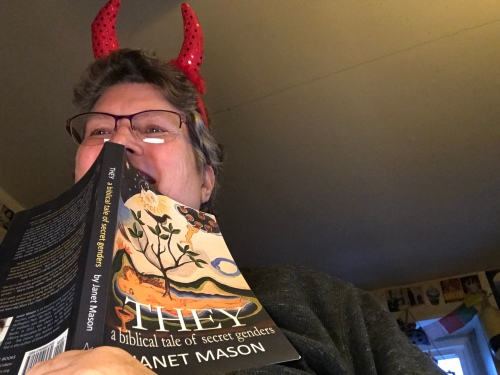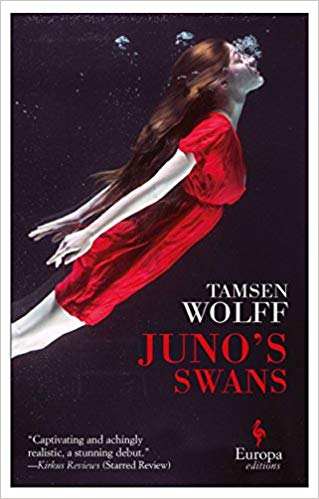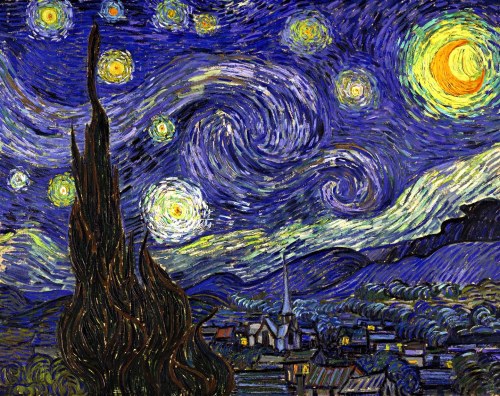This morning, I helped with a Unitarian Universalist service based on the secular, humanist and holiday theme of “myth.”
The YouTube video of my talk is below. The complete text of my talk is below that. The service took place at the Unitarian Universalist Church of the Restoration on Stenton Ave. in Philadelphia.
|
Author, creative writing teacher, and Unitarian lay minister Janet Mason talking about myth — how it can make us stronger and how we can write our own myth. She talks about the winter solstice …
|
In first grade, the teacher firmly put me in the hallway of the private Episcopal school I was enrolled in because I had told the entire first grade class that there was no such thing as Santa Claus.
Outraged that the adults were lying to us, I had leapt to my feet to make this announcement.
I remember being angry as I stood in the hallway. Afterall, I had been put there because I was telling the truth. (I had it on good authority – from the older sibling of a friend – that my information was correct. Once I heard this, everything fell into place.)
I imagine some adult, telling me that I shouldn’t burst other people’s bubbles, finally got through to me.
It’s little wonder that I went on not only to pay attention to myth – but to turn it inside out, to inhabit it, and to write new myths and rewrite old myths. My own belief in myth is that it all started with the winter-solstice, which is not a myth, in itself, but scientific. The Winter Solstice is the briefest day of the year. This year the Winter Solstice falls on December 21. This is the longest night of the year. The Winter Solstice lets in the dark. I believe that myth was created in the dark.

In my view, myth was created to explain ourselves and our origins. So, I don’t always believe myths, but I believe in myth.
There are lots of untold stories in myths. One could say there are minor characters whose stories are untold. From there, one might begin to question the veracity of the major characters whose stories are told.
If you follow this line of thinking, you can see my point that myth is ripe with possibility.
I heard it said that we are hard wired for belief.
Several months ago, I would have said of my own hard wiring that religion has given me more belief in myself. But now I see that it is also true that I believe in the myth of myself.
As I tell my students, a myth is a story that tells us about ourselves — that can come from any culture. Consider, for example, the Hopi myth of Grandmother Spider Woman. This Native American myth, prevalent in the Southwest among the Hopi and other tribes, is about a woman (a goddess figure) who wove the web of existence and thought the world into existence. This myth tells us where we came from – and perhaps from there we can figure out how to do things differently.
Also, as I tell my students, a myth can be from your childhood (such as the story of the Tooth Fairy); a myth can be classical; a myth can be biblical; a myth can be whatever – you can write your own myth.
It’s entirely possible that thinking about myth – and putting yourself into it – can make you stronger.
Recently, I had my students write themselves into a myth and read their story to the class. One of my younger students wrote about herself as Sisyphus, taken from the Greek myth, that you may be familiar with, that depicts a man pushing a huge boulder up a steep hill. At the end of the story, this student revealed that she is making a new path up this old mountain.
The Myth of Sisyphus is a popular one – and an apt one for a writer – although it can also be a metaphor for life. When I was a young adult, I had a postcard on my bulletin board in the cubicle where I spent my days — depicting a tiny Sisyphus pushing a huge boulder up a steep mountain.
When my student finished her story, I smiled and nodded.
She had just taught me something about myself. I didn’t do it alone. But with the help of many, including this Unitarian Universalist congregation, I forged my own path.
Namaste












